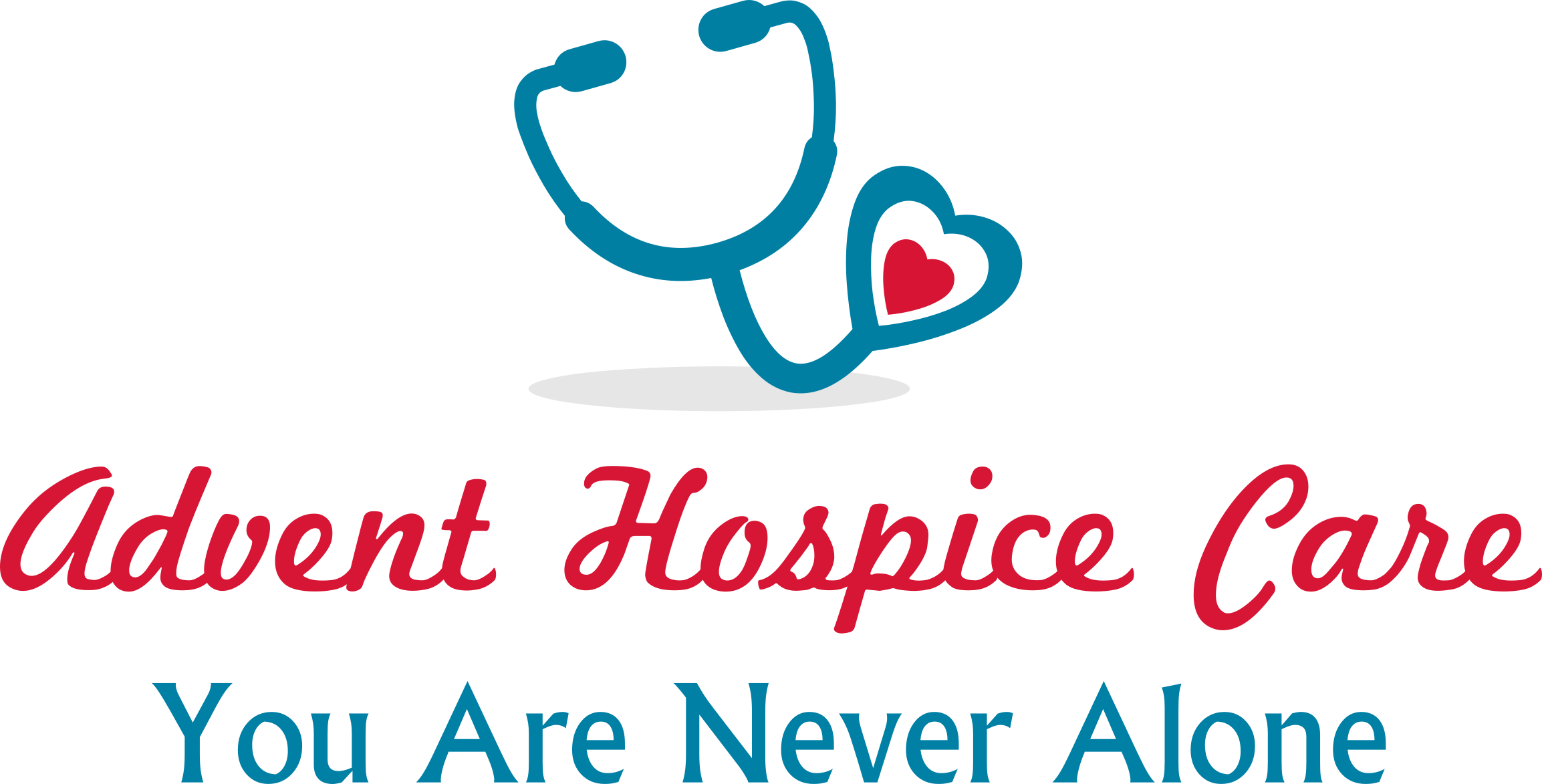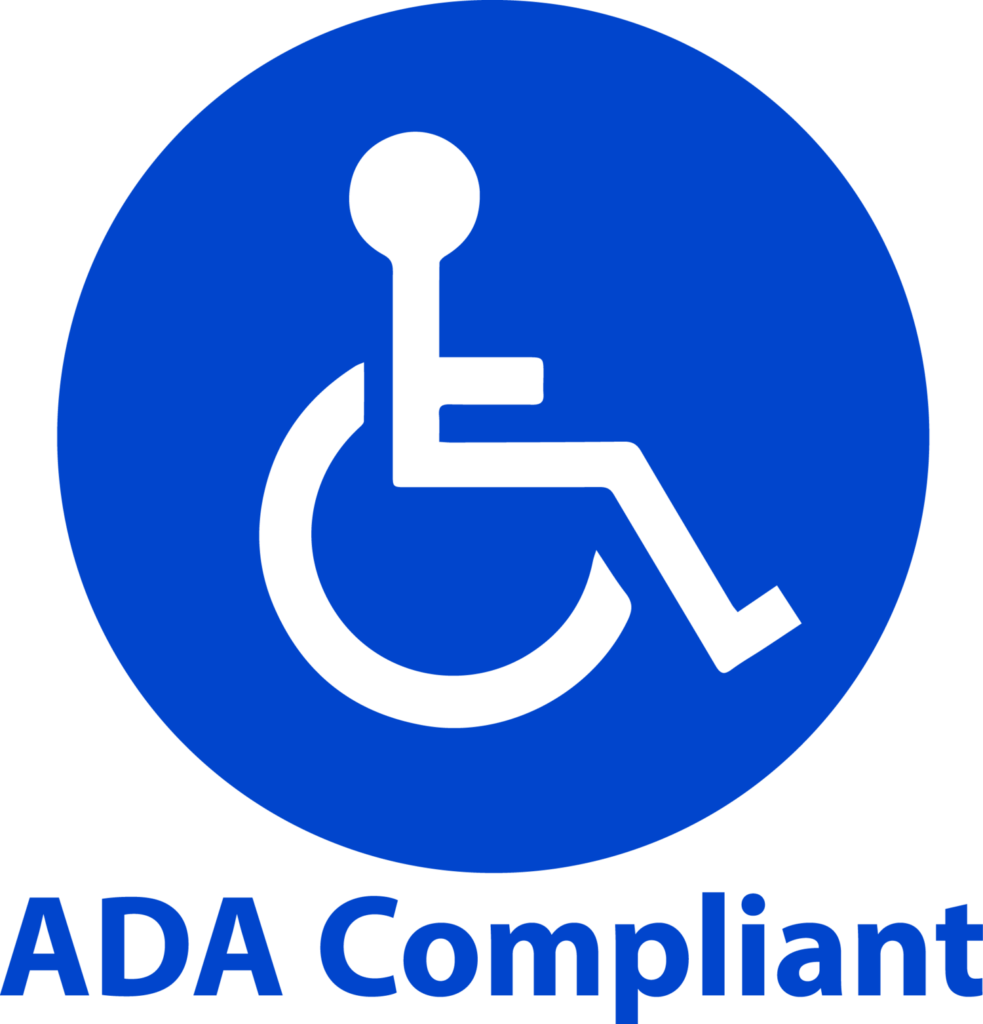Defining Hospice
If you’re searching for hospice care near you, Advent Hospice Care is committed to bringing compassionate care to your home or care facility with personalized support around the clock.
– The 1993 Standards of a Hospice Program of Care
HOSPICE
Goals of Hospice
Our goal is to stand among the most trusted hospice providers in the region, offering comfort-driven care that respects the needs of each individual and their loved ones.
Advent Hospice Care
Advent Hospice Care
Advent Hospice Care
Advent Hospice Care
Advent Hospice Care

We are accredited
Making the world a more healthy place.
Filter
Love in Action
Love in Action
Love in Action
Love in Action
Love in Action
Love in Action

Routine Home Care (RHC)
- Approximately 90 – 95% of all patients receive RHC.
- Consists of intermittent visits by the team members to the patients’ places of residence.
- Provided in the patients’ residence (home, assisted living, skilled nursing facility, independent living, etc.)
Families often ask, “Where can I find hospice services near me that truly feel personal and comforting?” At Advent, we bring our team directly to your home—whether that’s in a private residence, assisted living, or skilled nursing facility.
Continuous Care (CC)
- Typically, less than 1% of patients receive CC.
- Offered for brief periods of time only during a period of crisis.
- A period of crisis is a period in which the individual requires continuous care to achieve palliation and management of acute medical symptoms.
- Must be a minimum of 8 hours out of a 24 hour period that starts and ends at midnight.
- 51% or more of CC time must by provided by skilled nursing (RN or LPN) with other care being provided by homemaker or hospice aides as appropriate.
- Provided in the patient’s residence.
Respite Care
- Offered to patients’ families/caregivers as a means of relief.
- Patients transfer to a contracted nursing facility, usually for 5 consecutive days.
- Provided in contracted hospitals, contracted nursing facilities and/or inpatient units.
- The total number of inpatient days (respite and general inpatient) used by Medicare beneficiaries who elected hospice coverage in a 12-month period in a particular hospice may not exceed 20 percent of the total number of hospice days consumed in total by this group of beneficiaries.
General Inpatient Care
- Offered to patients who have symptoms that are unmanageable at home or the patient/family chooses not to stay at home to have the symptom managed under continuous care.
- Short-term
- Provided in contracted hospitals, skilled nursing facilities or in-patient units.
Concepts of Care
- Patient and family autonomy are emphasized in hospice.
- The patient and family are the unit of care.
- Hospice care is palliative with emphasis on pain control.
- Hospice recognizes death as a natural part of the cycle of life.
- Hospice care is holistic with emphasis on quality of life.
- Hospice Care is provided by interdisciplinary team members.
- Hospice uses volunteers.
Spiritual Counseling
- The hospice must provide an assessment of the patient’s and family’s spiritual needs.
- Spiritual counseling is provided to meet these needs in accordance with the patient’s and family’s acceptance of this service, and in a manner consistent with patient and family beliefs and desires.
- Reasonable efforts to facilitate visits by local clergy, pastoral counselors or other individuals who can support the patient’s spiritual needs will be made.
- The comprehensive Spiritual assessment will be completed within 5 days of the EOB and the information from it will be used to develop the CPOC.
- The Spiritual update of the comprehensive assessment will be completed at least every 15 days and the information from the assessment will be used to update the CPOC.
- Ensures that the spiritual needs of the patients are met as identified in the patient’s initial assessment, comprehensive assessment and updated assessments.
Medical Social Worker
- Medical Social Services must be provided by a qualified social worker, under the direction of a physician.
- Social work services must be based on the patient’s psychosocial assessment and the patient’s and family’s needs and acceptance of these services.
- The comprehensive Social work assessment will be completed within 5 days of the EOB and the information from it will be used to develop the CPOC.
- The social work update of the comprehensive assessment will be completed at least every 15 days and the information from the assessment will be used to update the CPOC.
- Ensures that the psychosocial needs of the patients are met as identified in the patient’s initial assessment, comprehensive assessment and updated assessments.
Homemaker Services
- Homemaker Services may be provided by someone contracted or employed to provide homemaker services or they can be provided by other members of the IDG (The most common practice is to have homemaker services provided by the Hospice Aide.)
- The Homemaker reports all concerns about the patient or family to the member of the IDG who is coordinating homemaker services.
- The duties of a Homemaker includes the following:
- Housekeeping (washing dishes, doing laundry, vacuuming, etc.)
- Meal Preparation
- The Homemaker provides services that are:
- Ordered by the interdisciplinary group
- Supervised by a member of the IDG
- Included in the plan of care



